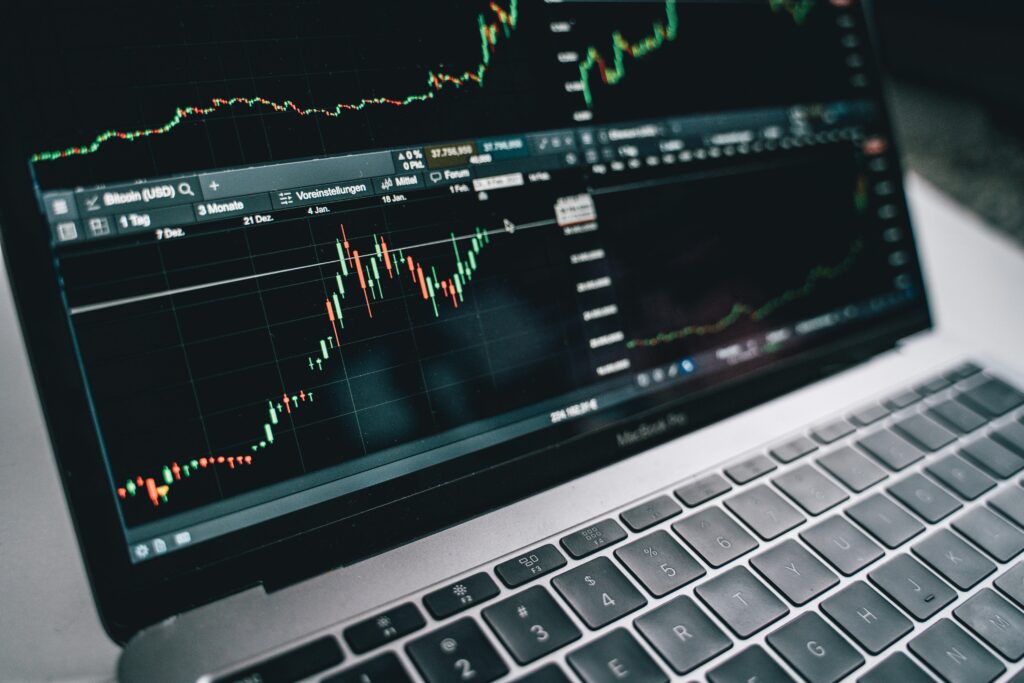( ENSPIRE Business ) From Hobby to High-Performance: How to Turn Forex Trading Into a Business
Trading is a demanding discipline. Success is not a matter of luck or sporadic efforts; it comes from a structured, business-oriented approach. Whether at the start or throughout a company’s life, effective management helps entrepreneurs not only keep a business afloat but also foster its growth and sustainability. Treating forex trading as a business is key to ensuring the long-term sustainability of your profits.
The Fundamentals of Good Business Management
Business management encompasses several key functions: overseeing operations, controlling resources, and organizing a company effectively. This discipline involves strategic planning, optimal resource management, and informed decision-making. A good entrepreneur must be able to clearly define the organization’s objectives and develop strategies to achieve them.

In short, business management is essential to the success and sustainability of any organization. Interestingly, the same strategies contributing to a business’s success can also be applied to forex trading. Here are the key strategies to implement to become a successful forex trader.
Getting Started With a Plan
Every successful business begins with a well-thought-out plan, and a comprehensive trading plan is what separates amateurs from professional traders. You must build your trading plan once you have sufficient knowledge of financial markets, technical indicators, and analysis methods. In this plan, you should outline your trading goals, risk tolerance, and methodologies. It should also detail the currencies you intend to trade, the time frames you’ll focus on, and the strategies you’ll employ. This plan should be reviewed and updated regularly to align with your evolving needs and market conditions.
Implementing Robust Risk Management Strategies
If you ask successful business owners, they will tell you that one of the most crucial skills for an entrepreneur is knowing how to manage risk. The same applies to forex trading. Cutting your losses is essential; sometimes, accepting that you were wrong allows you to stay in the game and take advantage of new opportunities. Preserving capital sets successful traders apart, and implementing risk management strategies in your daily trades is key to ensuring longevity in the market.
This includes setting appropriate stop-loss levels, diversifying your trading portfolio, and avoiding over-leveraging. Always adhere to predefined risk parameters to protect your funds from significant losses.
Conducting Regular Performance Reviews
Businesses conduct yearly performance reviews to evaluate employees and assess overall company success. This same practice can—and should—be applied to trading. However, unlike businesses that review performance annually, traders should analyze their results more frequently—monthly or weekly.
Regularly reviewing your trading activities allows you to assess performance, identify the effectiveness of your strategies, and understand the reasons behind your profits and losses. A detailed trading journal helps you track patterns, make data-driven adjustments, and refine your approach. Consistent self-assessment is a powerful tool for measuring success and ensuring continuous improvement in the ever-evolving forex market.
Maintaining Detailed Financial Records
Accurate financial record-keeping is the backbone of any successful business. In forex trading, this involves tracking all your trades, including entry and exit points, position sizes, profits, and losses. Making use of spreadsheets can help you monitor your forex trading accounts and identify patterns over time. By analyzing these records, you can pinpoint areas needing improvement and refine your trading strategy.

Staying Educated
Business owners must continuously learn about industry trends, emerging technologies, and shifting market demands to keep their offers attractive to customers. The same principle applies to forex traders. The currency market is highly volatile and influenced by economic indicators, geopolitical events, and market sentiment. Staying informed about global news and continuously learning about the market dynamics is crucial. You can also participate in trading forums or attend seminars to share experiences, discuss strategies, and learn from others. In both fields, knowledge is power, and those who stay ahead of the curve are the ones who succeed.
Adapting to Market Changes
In the business world, markets evolve because of shifts in consumer behavior, technological advancements, and economic conditions. To remain relevant in a constantly changing environment, business owners must be flexible—adjusting their products, services, and strategies to meet new demands.
The same principle applies to forex trading. Successfully navigating this volatile market requires flexibility and adaptability. This means modifying strategies in response to economic news, geopolitical events, or shifts in liquidity and volatility. As businesses analyze trends to make data-driven decisions, forex traders rely on technical and fundamental analysis to adjust their approaches and seize profitable opportunities.
Building a Sustainable Trading Portfolio
Successful forex traders require more than just market knowledge; they demand a structured and disciplined approach. Treat forex trading like launching a business—take it step by step, setting a series of goals for the next five years. By developing a comprehensive trading plan, implementing robust risk management, and continuously educating yourself, you lay a strong foundation for your trading venture and ensure the long-term sustainability of your portfolio.
Related Articles: Business Consultant Latasha Brooks on Staying Paid and Free, Not Booked and Busy, How To Preserve Wealth With AIR Asset Management’s CEO










